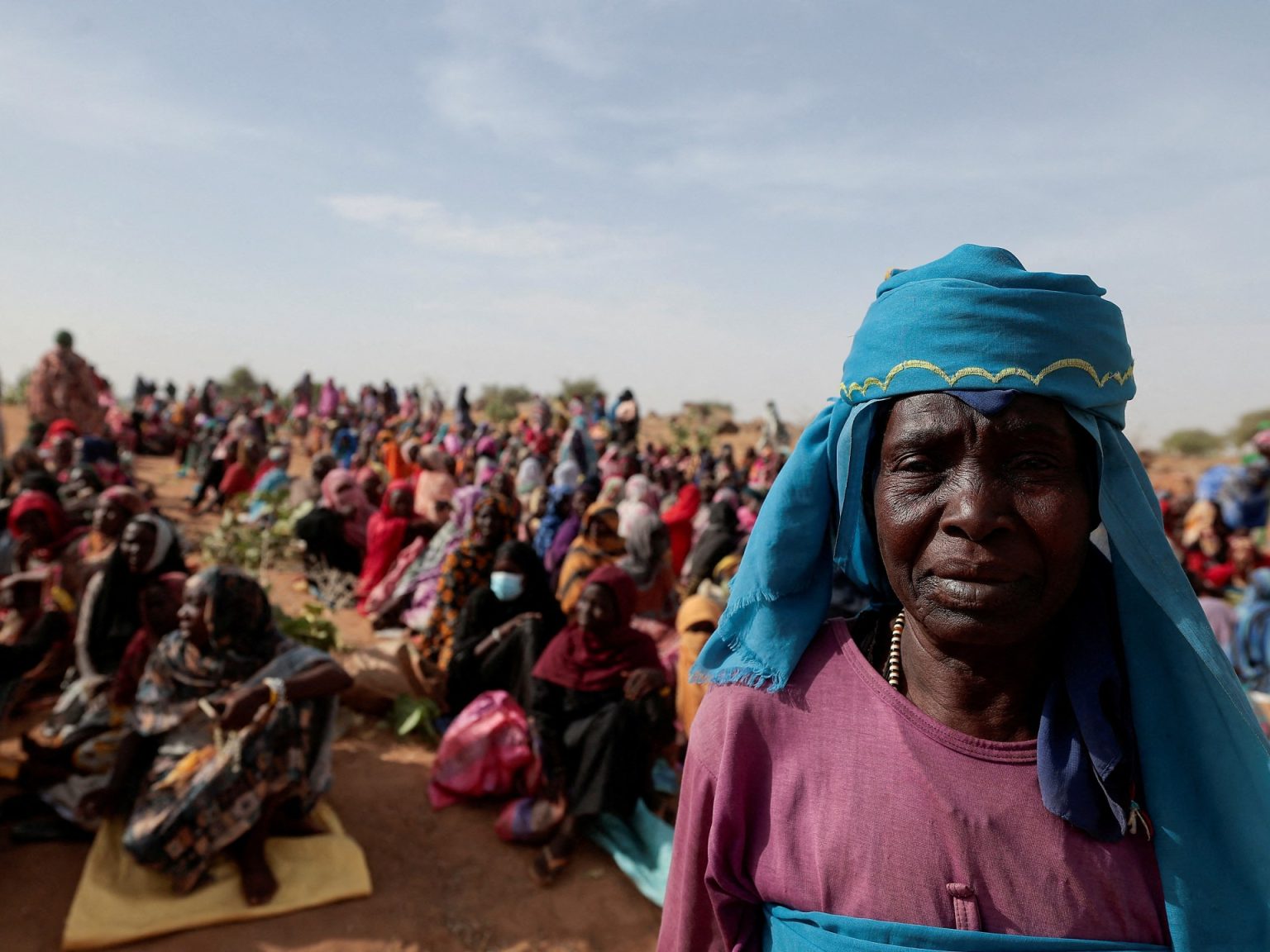The report by Oxfam published on World Food Day highlights that hunger caused by conflicts around the world has reached record levels. The report, titled Food Wars, reveals that between 7,000 to 21,000 people die each day from hunger in conflict-ridden countries. Conflict has led to acute hunger for 281.6 million people, with a record 117 million people being displaced due to conflict.
Oxfam emphasizes that conflict not only fuels hunger but that warring parties are using food as a weapon by targeting food, water, and energy infrastructure while blocking food aid. The report points to instances in Sudan’s civil war and Gaza as examples of starvation being used as a weapon against international laws. The analysis also highlights how the crises of war, displacement, and hunger occur in countries heavily reliant on primary product exports, such as gold and livestock in Sudan.
The report underscores the failures of peace-building efforts that rely on economic liberalization models focused on attracting foreign investment and promoting export-driven economies, which often exacerbate inequality. Large-scale private investments, both foreign and domestic, have led to political and economic instability as investors seize control over land and water, displacing local populations. Conflict intensifies other crises like climate shocks, economic instability, and inequality, with climate-related disasters and rising global food prices exacerbating hunger crises in East and Southern Africa.
Oxfam warns that the global commitment to “zero hunger” by 2030 is becoming increasingly unattainable and calls on the international community to hold accountable those responsible for “starvation crimes” under international law. The charity urges global leaders to confront the root causes of conflict, including colonial legacies, injustices, human rights abuses, and inequalities, instead of offering superficial solutions. The report urges the United Nations Security Council and other international bodies to take action to address the systemic issues driving hunger and conflict.













